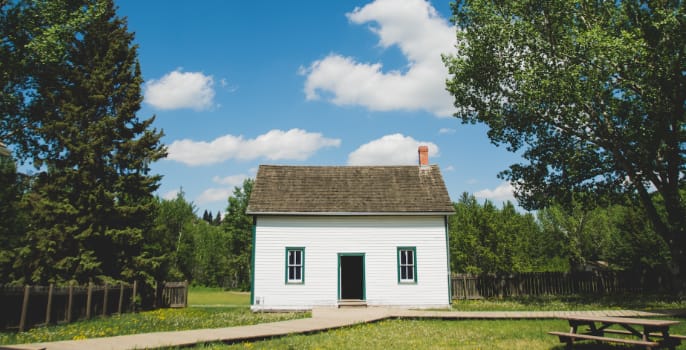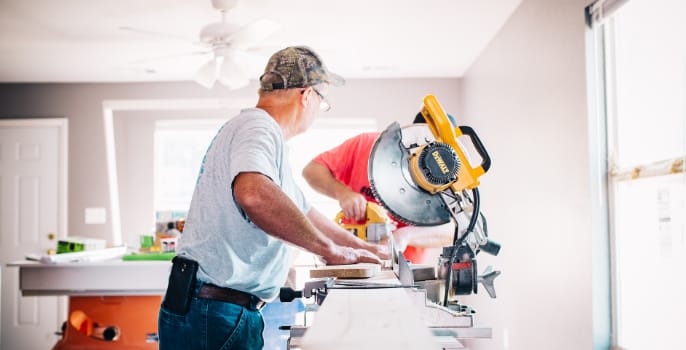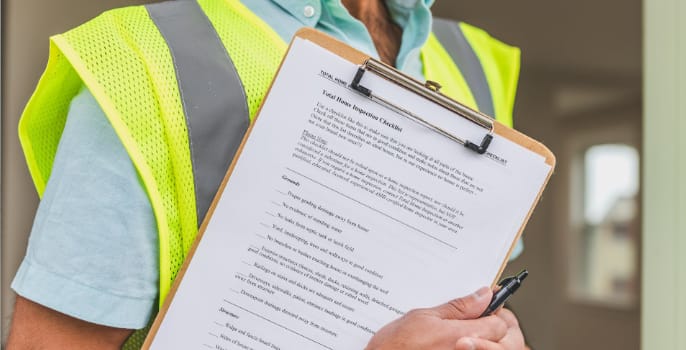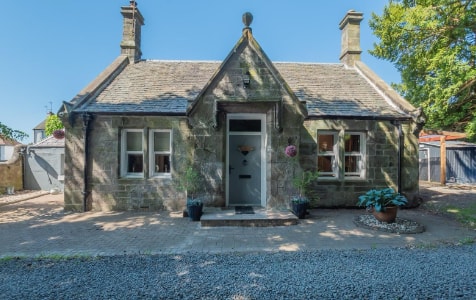Selling your house can be an exciting yet daunting task. Setting the right asking price is crucial—it can attract potential buyers and let you sell quickly. Set it too low and you miss out on potential income, set it too high and it will leave your property lingering on the market.
Valuations are the main way to identify the realistic price to use when marketing your property. However, it’s not quite that simple as we will explain here.
What Are Valuations?
Sales valuations on a home, also known as property valuations, are assessments conducted by sales valuers to determine the estimated market value of a property. The process involves a detailed analysis of various factors that influence a property’s worth. These include property size, property condition, property location and property demand in your area.
There are two different valuations carried out before you sell your house. The first is the estate agent valuation and the second is the home report valuation. These are slightly different and serve distinct purposes.

Estate Agent Valuations
An estate agent is your first port of call when you are considering selling. Because they are expert in the local area and understand the local property market, they are able to give you advice on the most appropriate selling price based on what they believe buyers will be prepared to offer. They use three main factors to arrive at a recommended price.
1. The selling price of similar properties
By looking at other properties of the same size, style, and age with a similar level of features in the same location they can get a reasonable handle on how much your house will sell for.
2. The local market
Your estate agent team should be experts in the local property market and aware of trends, such as specific types of property that are in particularly high demand and therefore can fetch a premium, or types of property that are readily available, meaning that the competition for buyers will drive the price down. They will also have their ear to the ground in terms of changes in the local area that might attract or deter buyers and affect the price your house can fetch.
3. Specific Issues relating to your property
Once the general market conditions have been taken into account, the estate agent will consider your home in relation to others that are similar. If yours is beautifully fitted out, or has specific features that are in demand, they will take that into account in the valuation. On the other hand, if they house is shabby, or in need of repair or renovation, they will reduce the expected value accordingly.

Deciding On The Right Price
Whilst shopping around for different valuations, you’ll probably find that some agents provide a higher initial valuation as a strategic move to attract sellers. This approach aims to secure the listing but may involve negotiations to lower the price later. Determining the right asking price for your property involves careful consideration of the valuations provided by different agents: Consider the expertise and track record of each agent, read reviews and talk to local people who have sold recently. A seasoned professional with local market knowledge and a successful sales history may provide a more accurate valuation.
Surveyor Valuations
We’ve explained the difference between the roles of Estate Agents and Surveyors in other blog posts. They will both provide you with valuations, but the surveyor report is part of your Home Report and is used by your buyer’s mortgage provider to calculate how much they are willing to lend you.
A Chartered Surveyor is an independent professional who does not gain from the sale of your property and so the valuation is totally based on the physical condition of the property itself and their knowledge of the current market.
A mortgage valuation is provided by the surveyor, and is a basic survey to inform the mortgage lender what they should lend to the buyer.

The surveyor will also conduct a more in-depth survey as part of the home report, which is required by law in Scotland, which will flag up any issues such as defects or potential problems requiring repair. These issues should be taken into account when deciding the price as they will give buyers a bargaining tool to use when negotiating with the seller.
In some cases the buyer will also ask the surveyor to conduct a full structural survey, particularly when it comes to older properties, so that they can be aware of any building work that may be required in the near future.
Online Valuations
There is a third type of valuation – the instant online valuation, such as the one we offer here. These are a rough estimate of your property’s value based on similar properties in your postcode. They can’t take into account the specific features of your house, so use them as a guide at the start of the process but be sure to speak to the experts to get a more accurate assessment.
When deciding how much to sell your house for, you need to be aware that buyers will only be able to obtain a mortgage based on the surveyor’s valuation and not the estate agent’s valuation. In Scotland, where buyers tend to offer over the asking price, you need to take this into account if the two valuations are not in line. Setting a price that is much higher than the mortgage valuation may make the property difficult to sell.
O’Malley Property are experienced professionals with insights into local market trends. Consulting with O’Malley Property can provide you with valuable guidance on setting the right price for your home. We have access to extensive market data and can help you navigate the complexities of the selling process.



